The child is not at fault. The Daughter-in-law is at fault and the son had the right to forgive her and except the baby.
I Was Banned From Seeing My Grandson for 6 Months—Then I Discovered the Real Reason
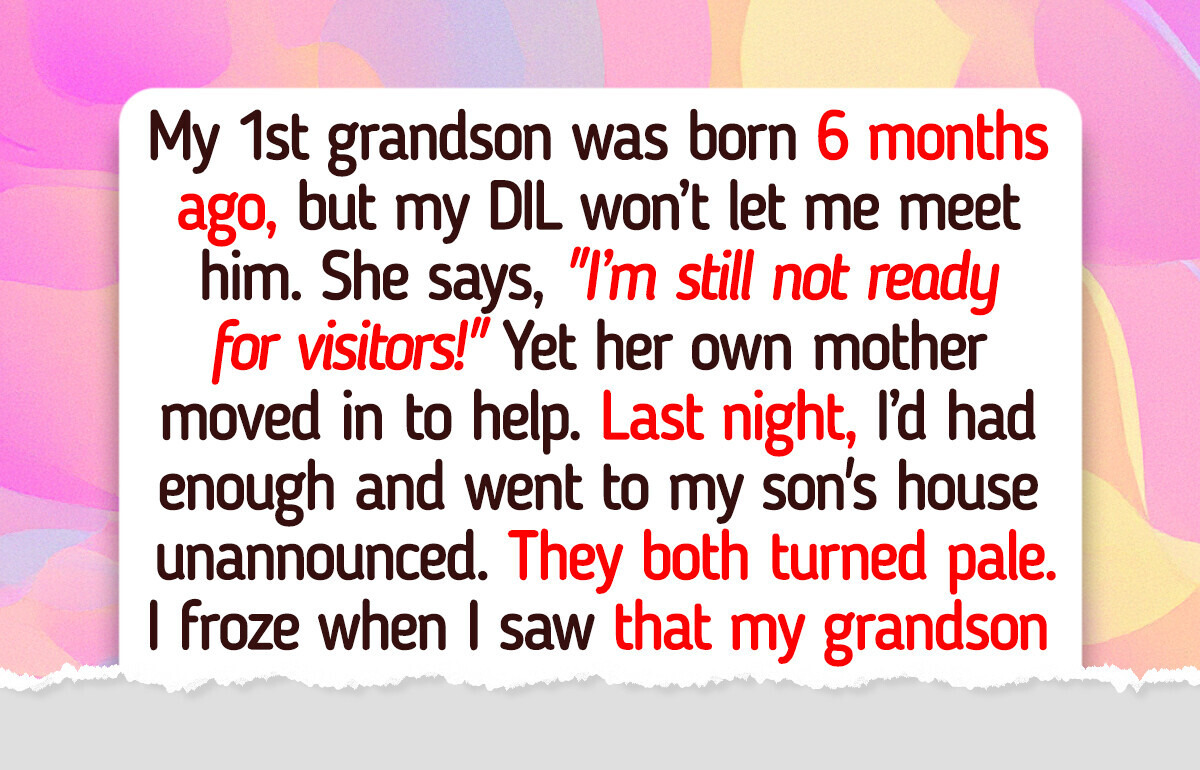
Family can bring great joy, but also deep pain when trust is shaken or boundaries are crossed. Many people struggle with complex emotions when difficult situations arise—especially when they involve children, loyalty, and honesty. One reader recently sent us a letter describing a heartbreaking family conflict that unfolded after she was kept from meeting her grandson for six months.
Dana’s letter:
Dear Bright Side,
My first grandson was born six months ago, but my daughter-in-law still won’t let me meet him. She keeps saying, “I’m not ready for visitors.” I haven’t even seen a photo—yet her own mother moved in to help.
Last night, I’d had enough and went to my son’s house unannounced. They both turned pale.
I froze when I saw that my grandson was dark-skinned, unlike my very fair-skinned son and daughter-in-law.
My son took my hand and admitted it had been a shock for them too. Early in their marriage, his wife had a brief fling. They never imagined the baby wasn’t his when she became pregnant. But once the baby was born, he chose to raise him as his own.
They kept me away because they were afraid of how I might react. I was overwhelmed—hurt by the betrayal, and devastated that the child I thought was my grandson isn’t biologically related to us.
I told my son he was no longer my son, just as the child wasn’t his. I told my daughter-in-law she wasn’t welcome in my home, just as I wasn’t welcome in her child’s life—and that neither this child nor any future ones should expect anything from me. Then I left.
Now I’m not sure what to do next.
Dana
Dana, your situation is extremely painful, layered with betrayal, shock, and heartbreak. Here are 4 practical tips to help you think through your next steps.
Write a letter to process, not to attack.
Take time to write a heartfelt letter to your son and daughter-in-law—not to accuse, but to process your own pain. Tell them how hurt you were to be kept away, how shocking the truth felt, and why you reacted so strongly. Even if you never send it, this can give you space to release intense emotions safely, rather than letting them fester or explode again.
Try to understand your son’s choice, even if you can’t support it yet.
Your son is still the man you raised—and he made a choice to raise a child who isn’t biologically his. That choice doesn’t erase the betrayal, but it does speak to his values and capacity for love.
If you ever hope to reconnect with him, this may be the door: not pretending the child is yours, but seeing him as the one your son has chosen as his.
Set boundaries without burning bridges.
You don’t have to accept everything or force yourself into a role you’re not ready for. But rather than cutting them off permanently, consider saying something like, “I need space. I’m not ready to be part of this right now, but I’ll let you know when I am.”
This gives you time to grieve and breathe—without closing the door forever.
Speak to someone who’s not emotionally involved.
Whether it’s a therapist or counselor, talking to someone outside the family can help you untangle what you’re really feeling—betrayal, confusion, sadness, even shame. This wasn’t your mistake, but the emotional weight is now yours. A third party can help you figure out how to carry it—or set it down.
Nancy also shared her story with us—she chose not to give her late husband’s inheritance to his daughter, believing she didn’t deserve it. You can read her full story here.
Comments
I think you have every right to be mad at the daughter in law, she betrayed her husband and new family by cheating. Your son did nothing wrong, so why punish him? Sure, you can set your own boundaries, but clearly he loves her and it’s his choice. Only thing you can blame him for is hiding the baby from you. And the baby, not at fault at all! It’s a pure and innocent baby that had no choice in this. I get you probably got mad in heat of the moment, totally fine, but don’t punish the baby and you’re son for the daughter in law’s mistakes.
Related Reads
My DIL Criticized My Outfits, and I Hate How She Made Me Feel Ashamed
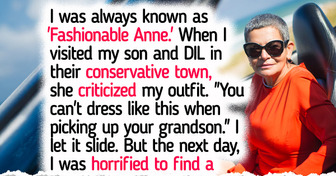
I Refuse to See My Stepfather Again After He Tried to Cancel My Mom’s Savings
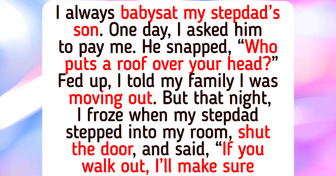
My Parents Refused to Fund My Education, So I Turned the Tables on Them
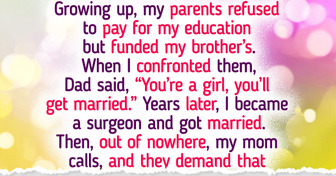
18 Real Vacation Stories People Could Never Forget

I Refuse to Give Up the Passenger Seat for My MIL—She Should Learn Her Place

14 Stories That Prove Kindness Doesn’t Need a Spotlight to Shine
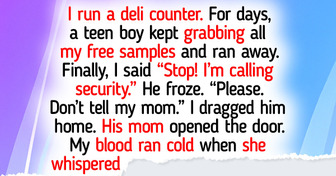
10 Times a Painful Truth Turned Into Kindness That Saved a Soul
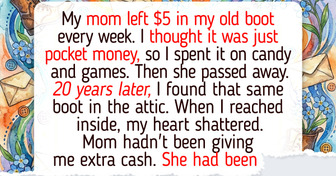
12 Stories That Prove Kindness Is the Strongest Armor
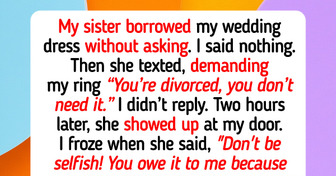
My MIL Humiliated Me in Front of Family, So I Exposed Her Secret
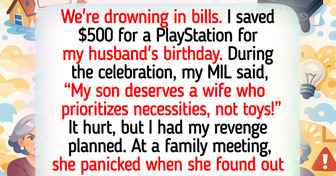
12 Life Moments Where Quiet Kindness Played the Main Role

My Stepmother Inherited Everything and Kicked Us Out—But She Didn’t Count on One Thing
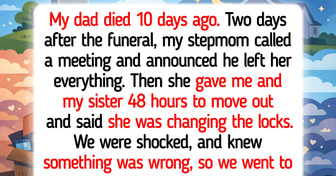
I Refuse to Return to the Office After My Coworker’s ‘Prank’ Revealed His Darkest Secret





